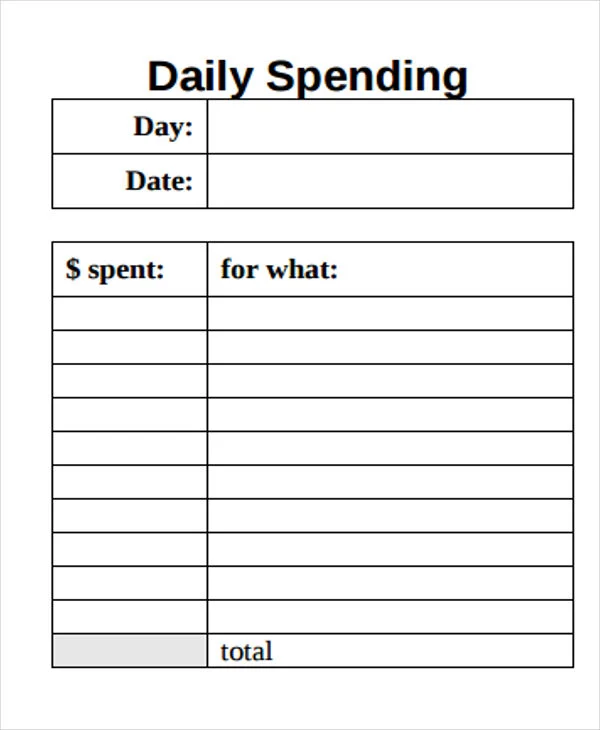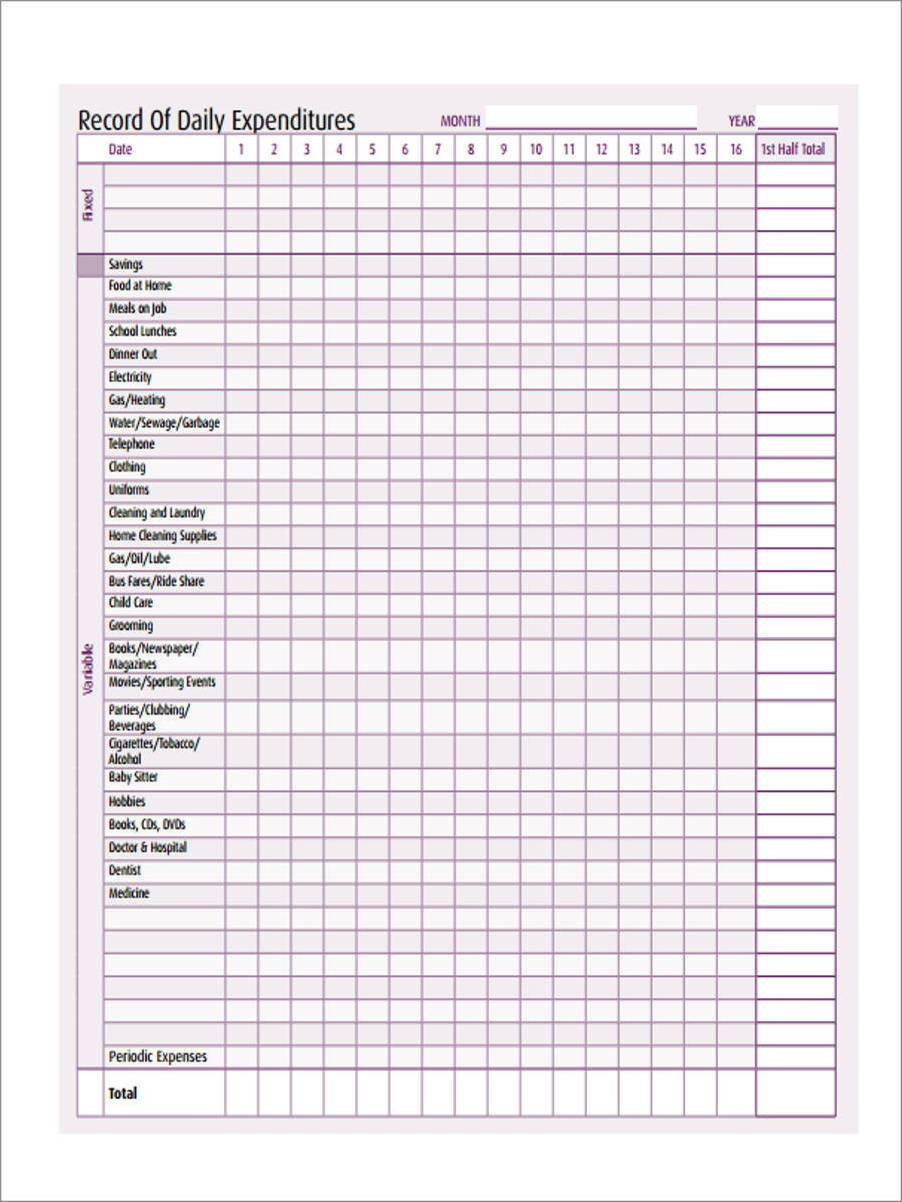A daily budget refers to the amount of money an individual or household sets aside to cover their expenses daily. It is a financial plan that helps individuals manage their income and expenses effectively by allocating a specific amount of money for each day. This allows individuals to have better control over their finances and helps them avoid overspending or falling into debt.
Why Should You Create a Daily Budget?
Creating a daily budget is essential for several reasons:
- Financial Stability: A daily budget helps individuals achieve financial stability by ensuring they have enough money to cover their daily expenses and save for future goals.
- Debt Prevention: A daily budget helps individuals avoid accumulating unnecessary debt by keeping track of their expenses and ensuring they don’t spend more than they earn.
- Goal Achievement: A daily budget allows individuals to allocate funds towards specific goals, such as saving for a vacation, buying a car, or paying off debt.
- Financial Awareness: Creating a daily budget increases financial awareness by making individuals more conscious of their spending habits and encouraging them to make informed financial decisions.
How to Create a Daily Budget
Creating a daily budget may seem overwhelming at first, but it is a simple process that can be broken down into the following steps:
1. Determine Your Income
The first step in creating a daily budget is to determine your total income. This includes your salary, wages, tips, and any other sources of income. Calculate your monthly income and divide it by 30 to get your average daily income.
2. Track Your Expenses
Next, track your expenses for a month to get an accurate picture of where your money is going. Keep track of every expense, no matter how small. Categorize your expenses into different categories, such as groceries, rent, utilities, transportation, entertainment, and so on.
3. Set Financial Goals
Once you have a clear understanding of your income and expenses, it’s time to set financial goals. Determine what you want to achieve with your money, whether it’s paying off debt, saving for a down payment on a house, or building an emergency fund.
4. Allocate Funds to Each Category
Now, allocate funds to each category based on your income and financial goals. Start with essential expenses like rent, utilities, and groceries, and then allocate money to other categories based on their priority and importance. Be realistic and make sure to leave some room for savings and unexpected expenses.
5. Track Your Spending
Once you have allocated funds to each category, it’s crucial to track your spending daily. Keep a record of every expense and compare it to your budget. This will help you stay on track and make adjustments if necessary.
6. Make Adjustments as Needed
As you track your spending, you may realize that you need to make adjustments to your budget. Maybe you overspent in one category and need to cut back in another. Be flexible and willing to make changes to ensure your budget is realistic and effective.
7. Review and Evaluate Regularly
Finally, regularly review and evaluate your budget to ensure it is still meeting your needs and goals. Life circumstances may change, and your budget should adapt accordingly. Make adjustments as necessary and continue to track your spending to maintain financial control.




Benefits of Sticking to a Daily Budget
Sticking to a daily budget offers several benefits:
- Financial Discipline: Following a daily budget helps develop financial discipline and prevents impulsive spending.
- Savings Growth: A daily budget enables individuals to save money consistently, leading to the growth of their savings over time.
- Debt Reduction: By sticking to a daily budget, individuals can allocate funds towards debt repayment and gradually reduce their debt burden.
- Reduced Stress: Having control over your finances and knowing where your money is going reduces financial stress and improves overall well-being.
Tips for Successfully Sticking to Your Daily Budget
Here are some tips to help you stick to your daily budget:
- Track Your Spending: Keep a record of every expense to ensure you stay within your budget.
- Avoid Impulse Purchases: Think twice before making a purchase and ask yourself if it aligns with your financial goals.
- Automate Savings: Set up automatic transfers to your savings account to ensure consistent savings.
- Use Cash Envelopes: Allocate cash to different categories and use envelopes to stay organized and prevent overspending.
- Review Your Budget Regularly: Regularly review your budget to make adjustments and ensure it is still aligned with your goals and needs.
- Seek Support: Share your budgeting journey with a friend or family member who can hold you accountable and encourage you.
- Reward Yourself: Celebrate milestones and achievements along the way to stay motivated and reinforce positive financial habits.
Conclusion
Creating and sticking to a daily budget is a crucial step towards financial stability and achieving your financial goals. By following the steps outlined in this guide and implementing the tips provided, you can take control of your finances and build a solid foundation for a secure future.
Daily Budget Template Excel – Download
